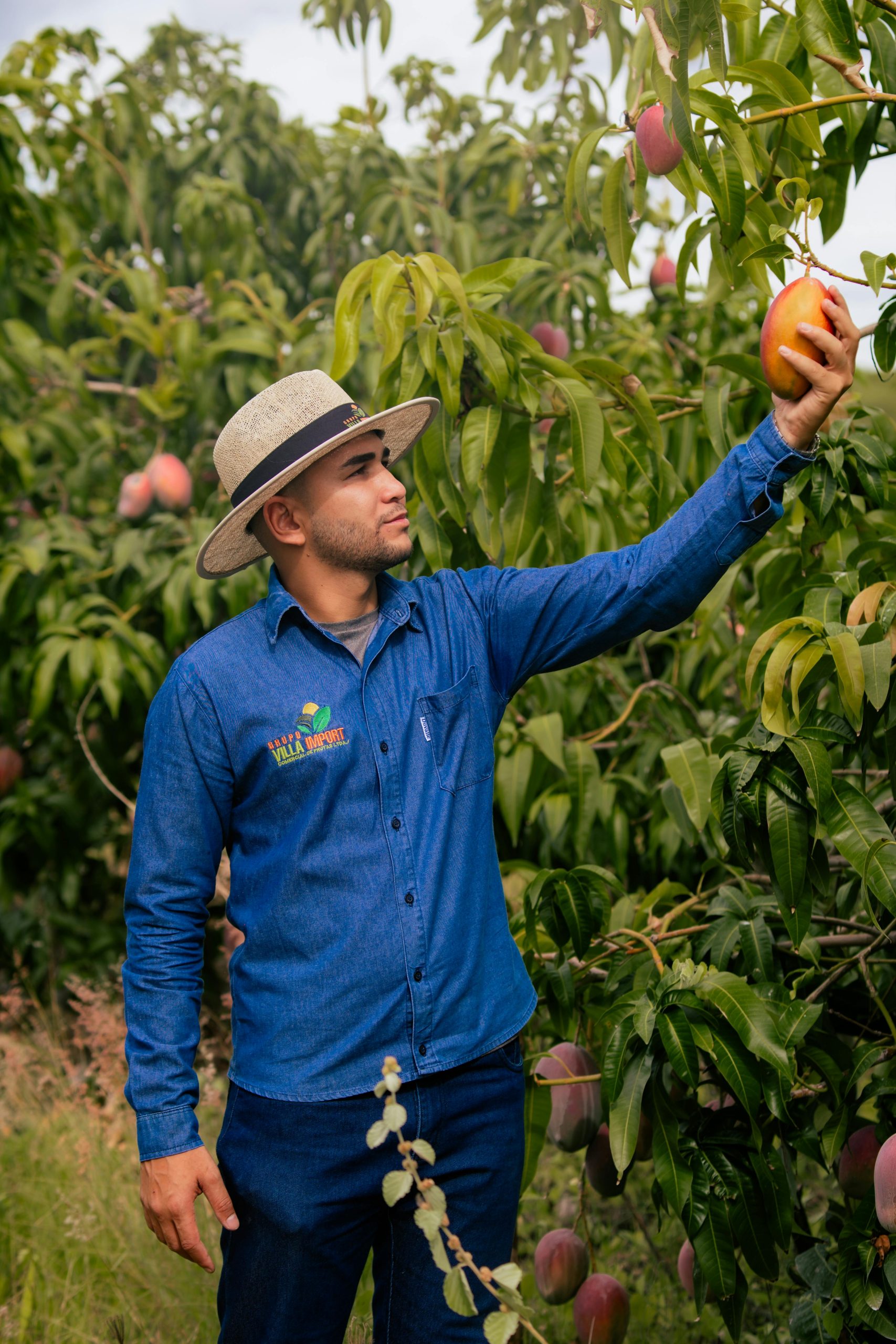
The Ugandan government has implemented several targeted initiatives to stimulate dairy farming in the Bukedi sub-region. During President Museveni’s 2024 wealth creation tour. Emphasis was placed on livestock development. He awarded UGX 10 million to a model farmer in Kibuku for the acquisition of dairy cows. Museveni pledged to install feed-chopping machines at the sub-county level. National-level interventions complement these efforts. For instance, the National Agricultural Advisory Services (NAADS). Plans to distribute 540 in-calf heifers to youth leaders. One for each district, and continues to organize regional training workshops, with Tororo recently hosting Bukedi-area farmers for dairy husbandry training.
The Role of the Dairy Development Authority (DDA)
To strengthen oversight and support industry growth. The Dairy Development Authority (DDA) is expanding its presence in Eastern Uganda by establishing a regional office in Jinja. This new office will manage operations across all 18 districts in the Bukedi sub-region and one city in the Busoga region.
In Bukedi, one notable beneficiary of DDA support is the Kibuku District Dairy Farmers Cooperative Society Limited. It is based in Buseta Sub-County, Buseta Parish, Buseta Central Village. Initially founded in 2018 as a small association with 40 members. The cooperative was formally registered in 2019 with 115 members. Seeking to uplift dairy productivity in the district, the cooperative, through the Kibuku District Local Government, approached the DDA for technical and infrastructural support.
Progressive Interventions and Milestones
Following an assessment, DDA identified the need for farmer training in good dairy practices, breed improvement, pasture establishment, and cold chain infrastructure. As a result, DDA conducted several training sessions and encouraged farmers to bulk milk collectively from local breeds to access larger markets in Mbale and nearby towns.
In March 2019, DDA provided 12 milk cans to initiate milk collection. Later that year, in partnership with NAADS, a 1,000-liter milk cooler was delivered to the cooperative. By year-end, the milk collection center (MCC) recorded daily collections of 500–700 liters, with milk transported to Mbale by local traders.
Farmers began transitioning from local to improved dairy breeds, established pasture gardens, and developed model farms. Although COVID-19 severely disrupted operations in 2020, leading to losses of approximately UGX 17 million, the cooperative rebounded in 2022.
Anticipating higher volumes, the cooperative submitted a proposal to the Ministry of Local Government. Backed by DDA recommendations. The government, under the Local Economic Growth Support (LEGS) program, initiated the construction of a larger MCC. With value addition capabilities, and installed a 5,000-liter milk cooler with a standby generator. Commissioning of this new facility is planned for July.
As of 2023, milk collection has surpassed 1,000 liters daily. The cooperative now employs 13 milk agents, an accountant, a security guard, and two transporters. According to the cooperative chairperson, Mr. Stephen Bola, DDA’s intervention catalyzed production growth and positioned the cooperative for future milk processing.
Ongoing Challenges and Opportunities
Despite progress, the cooperative faces several challenges:
- drought-related pasture shortages,
- delayed adoption of clean milk practices, unreliable markets,
- reliance on low-yield breeds,
- lack of breeding services,
- Inadequate milk transport containers and limited access to inputs like test kits and veterinary supplies.
- Electricity instability and high generator fuel costs further strain operations.
Planned improvements include establishing a milk sales outlet in Mbale. Mini-collection centers for remote farmers, pasture seed multiplication sites, and a veterinary drug shop.
Extension Services and Farmer Empowerment
DDA plays a key role in capacity building. In late 2023, it trained approximately 250 farmers from Eastern Uganda (including Bukedi) in clean milking and handling practices. Through the Clean Milk Program in FY2022/23, DDA distributed 252 aluminum milk cans, 176 plastic milking buckets, and 220 packs of Napier grass cuttings to various farmer groups.
During an April 2023 training in Kibuku, DDA Eastern Regional Manager Mr. Nathan Magona Wadiya urged cooperative members to prioritize clean milk production to retain and expand their market base. He highlighted available opportunities within the dairy sector and commended the cooperative’s leadership, encouraging them to serve as a regional model.
DDA has also provided three chaff cutters to enhance silage production, distributed improved pasture seeds, and linked interested members to the National Agricultural Research Organization (NARO). Furthermore, ten cooperative members have received training in yoghurt production as part of a value addition initiative. Routine milk quality inspections at the MCC ensure safety and consumer trust.
Farmer Success Story: Mr. Edwappa Anthony.
An exemplary member of the Kibuku Dairy Farmers’ Cooperative Society, Mr. Edwappa Anthony, operates a 5-acre mixed-use farm in Kakyera Zone, Kataka Parish, Tirinyi Sub-County, Kibuku District. His enterprises include dairy, goat, and pig farming, as well as coffee cultivation.
Mr. Edwappa owns six Friesian cows, three of which are lactating, one is in-calf, and two are calves. Purchased from a dairy farm in Mukono, the lactating cows each produce 15 liters daily, totaling 45 liters. He practices zero grazing and cultivates a variety of pasture species—Napier, Pakchong, Calliandra, Lablab, and Chloris gayana. He processes feed into silage using a grass chopper received from DDA.
With support from DDA, Mr. Edwappa has obtained pasture seeds and milk cans for transportation to the MCC. He utilizes Artificial Insemination (AI), specifically sexed semen, though he notes the high cost and limited local access to AI services.
Challenges include prolonged droughts impacting pasture supply, milk price fluctuations limiting reinvestment, and diseases such as East Coast fever and anaplasmosis.
Conclusion and Call to Action
The Bukedi sub-region exemplifies how strategic government support, farmer commitment, and cooperative models can unlock the potential of Uganda’s dairy industry. Through infrastructure development, targeted training, and the promotion of improved breeds and clean milk practices, productivity is increasing.
To sustain this momentum, continued investment in veterinary services, pasture development, value addition, and reliable market access is essential.
Want to stay updated on Uganda’s agricultural innovations?
Visit The Agricblog for the latest insights, farmer success stories, and practical guides shaping East Africa’s farming future. Be part of the transformation, one story at a time.


